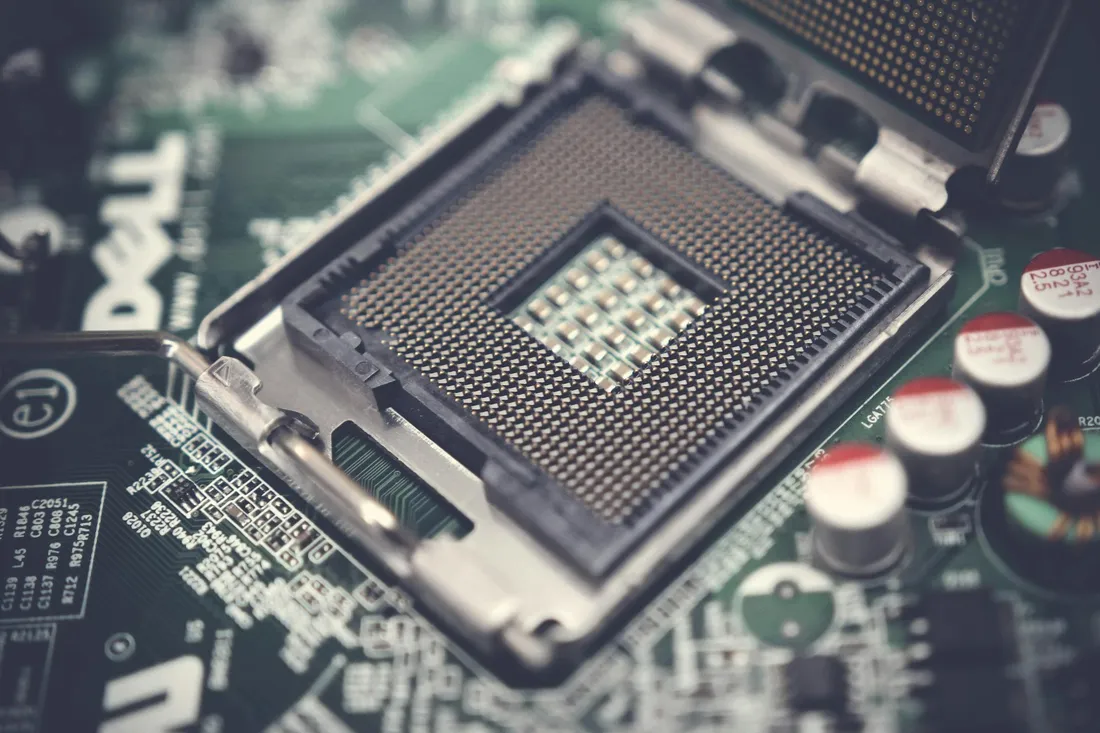
Two months after the co-legislators gave the final green light, the European Chips Act - the EU's microchip legislation - officially entered into force last 21 September. For the digital sovereignty of the European Union is one of those moments that will go down in history.
From this moment on, all the actions envisioned by Brussels can be implemented by the EU institutions and the Twenty-seven to achieve one of the most ambitious goals: to double the EU's global market share in semiconductors by 2030, from 10 percent to at least 20 percent. That is equivalent to quadrupling microchip production, given the fact that the sector is itself set to double in the next decade.
The European Chips Act puts in place "a comprehensive set of measures to ensure the EU's security of supply, resilience and technological leadership in semiconductor technologies and applications," the European Commission recalls in a note.







